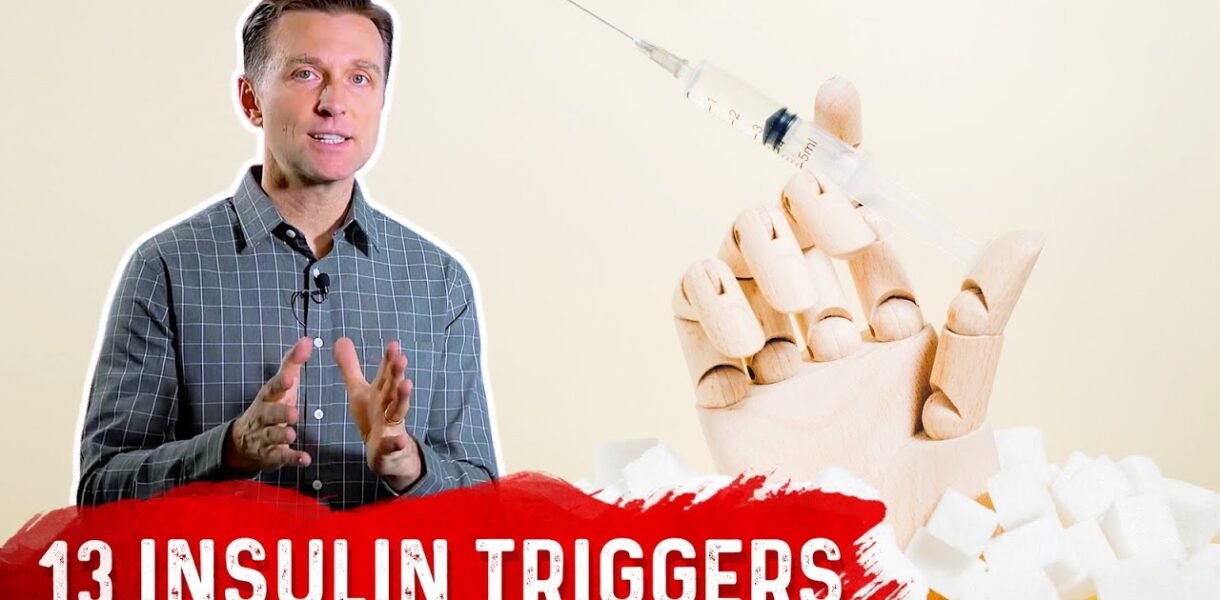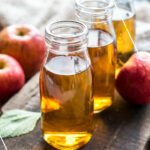Table of Contents
In this article we’re gonna talk about the 13 insulin triggers .
Insulin resistance comes from sustained high levels of insulin.
Insulin resistance turns into diabetes eventually. When someone has insulin resistance, it is hard to test it because it could be sub-clinical and not show up for 10 years.
Your blood sugars could be normal because the body is compensating and adapting.
Triggers of Insulin
1. Sugar
2. Refined grains
3. Frequent eating
4. Lean low-fat protein
5. Excess protein
6. Soy oil (GMO)
7. Tran fats (hydrogenated)
8. Cortisol
9. Diuretics
10. Statins
11. MSG (monosodium glutamate) – (modified food starch)
12. Mineral
-potassium deficiencies
-magnesium deficiencies
-sodium deficiencies
-zinc deficiencies
-chromium deficiencies
-calcium excess
-vitamin B1 deficiencies
-vitamin D deficiencies
-vitAmin A deficiencies
Now as you may or may not know , insulin is behind so many health problems .
And if you could just understand all the triggers and avoid these things , you can be very , very healthy .
So what I did is I , out of this book , I summarized all of the triggers to increasing insulin .
And just realized that we need normal insulin , but we don’t need excessive amounts of insulin .
So when you have high levels of insulin it causes the receptor that it’s supposed to be received in to downgrade , and become resistive and blocked .
So that’s called insulin resistance , and then it sends a signal back to the pancreas increasing your insulin .
So you have a situation where you have too much insulin , yet it’s ineffective .
It’s not working .

sugars .
So let’s start with number 1 , sugar , and I’m talking about all the sugars .
Okay ?
Like dextrose , high fructose corn syrup , table sugar , brown sugar , raw sugar , honey , all the sugars .
refined grains
refined grains in the form of breads , pasta , cereal , crackers , biscuits , things like that .
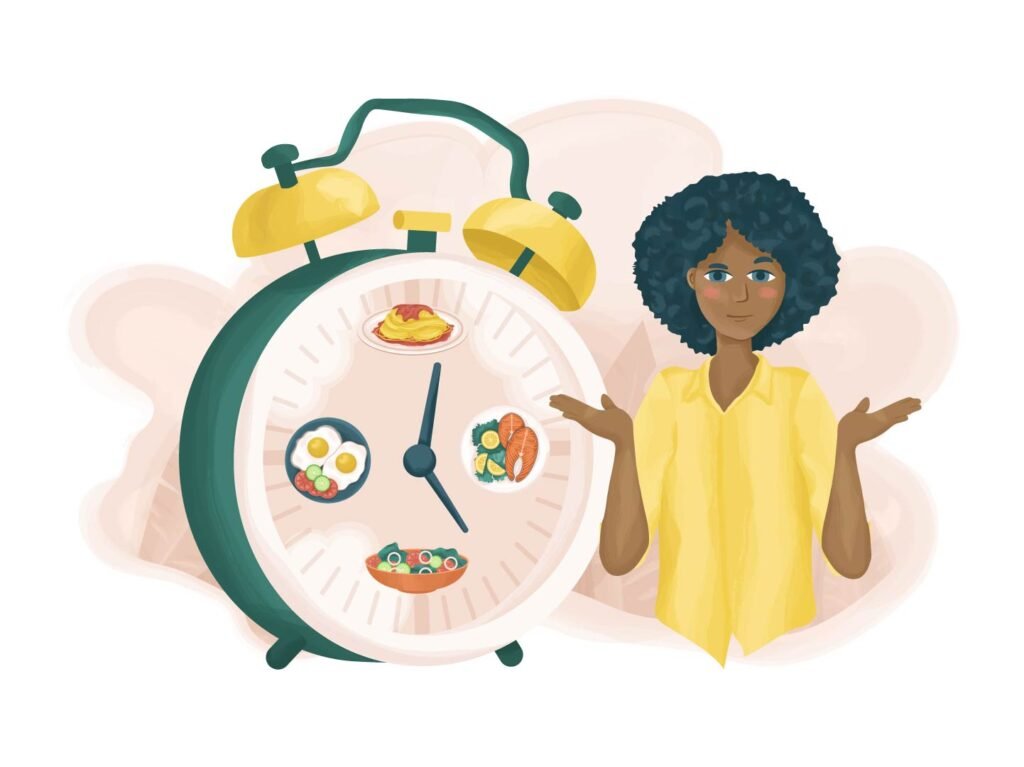
Frequent eating
frequency of eating .
Every time you eat , you trigger insulin .
So the more times you eat , the worse it is .
That’s why we do intermittent fasting .
Lean low-fat protein
There’s an insulin scale that , measures all the non carbohydrate things that can trigger insulin , and lean proteins will trigger insulin more than fattier proteins .
So you don’t want to focus on lean low fat protein .
You want to get the whole fat in there as nature has provided .
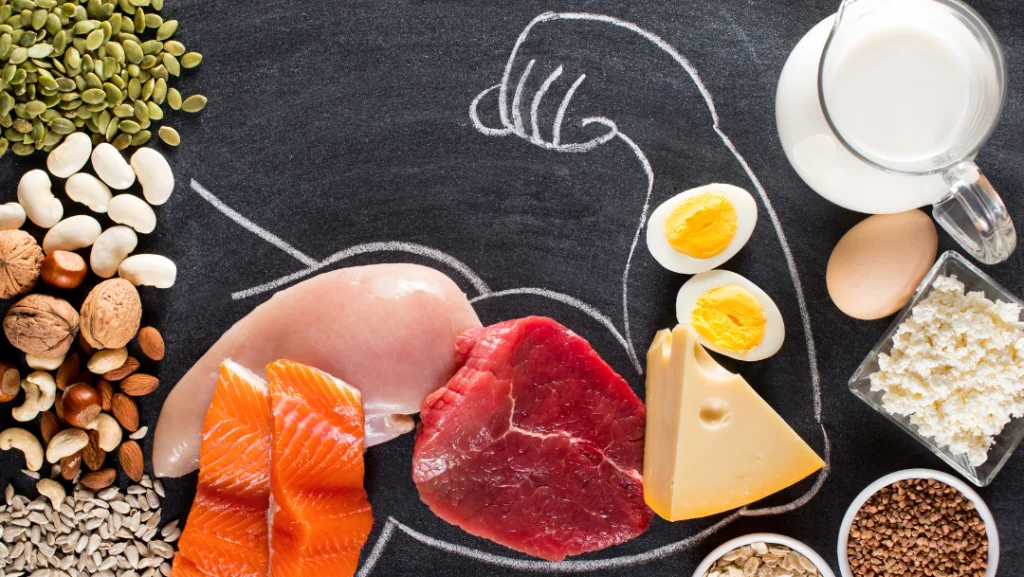
Excess protein
excessive protein .
Too much protein can trigger insulin , so the optimum amount is between 3 and 6 ounces .
If you’re a real big guy or you’re doing intermittent fasting , you’re having less frequent meals , then consume a little bit more , but try not to go too much .

Soy oil (GMO)
soy oil , which most definitely is genetically modified , and even corn soil and other oils as well , but it’s sprayed with glyphosate .
Okay .
This is an herbicide Roundup Ready , part of the GMO thing .
So we want to avoid soy oil because that can trigger insulin resistance and then spike insulin .
Tran fats
Trans fats , that’s all the hydrogenated oils .
You wanna avoid all that .
That can actually cause insulin resistance and increase insulin .
Cortisol
Cortisol , that’s the adrenal stress hormone , and that includes all the medication that has cortisol , in a synthetic version , like prednisone shots , cortisol creams , things like that , steroids .
Diuretics
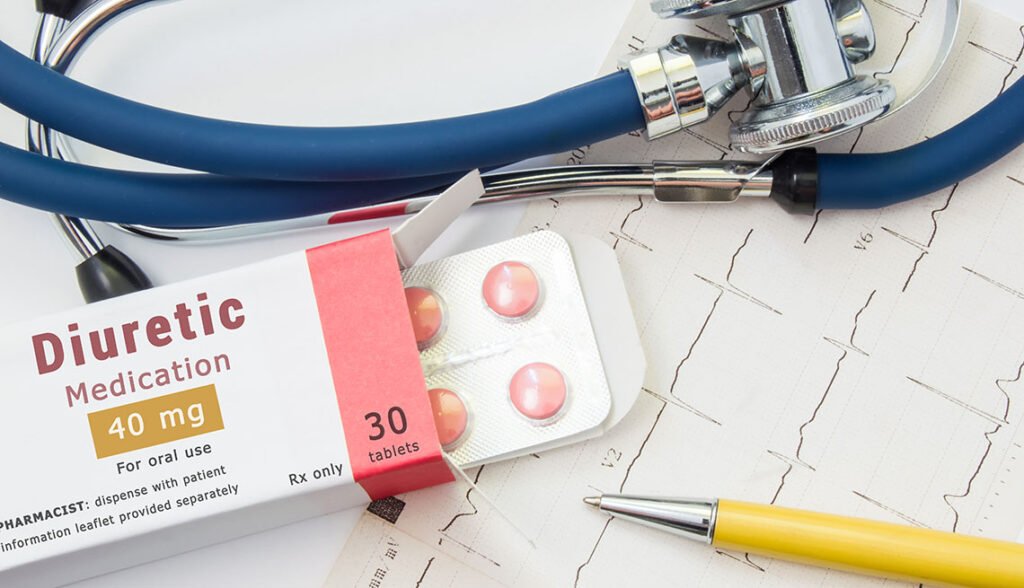
So many people are on high blood pressure medication , and this is they use a diuretic which gets rid of fluid , but one of the side effects it causes insulin resistance , which then increases your insulin causing more blood pressure .
Statins
It’s a cholesterol medication , Causes insulin resistance , increasing insulin , thereby increasing cholesterol .
It’s crazy .
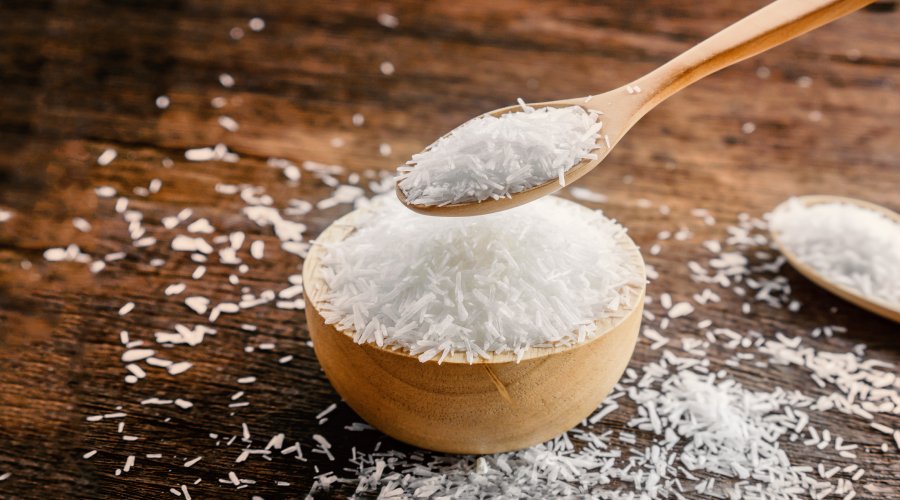
monosodium glutamate
Number 11 , MSG , monosodium glutamate .
Another name for that would be modified food starch .
It’s in so many foods .
It’s in fast food restaurants .
It’s in a lot of other restaurants .
So if the food tastes a bit too good , suspect MSG and avoid it because it can increase insulin .
This is probably why you go to a Chinese restaurant and you eat , and an hour later , you’re starving .
Why ?
Because the blood sugar go down , and now you’re hungry again .
You’re not satisfied .
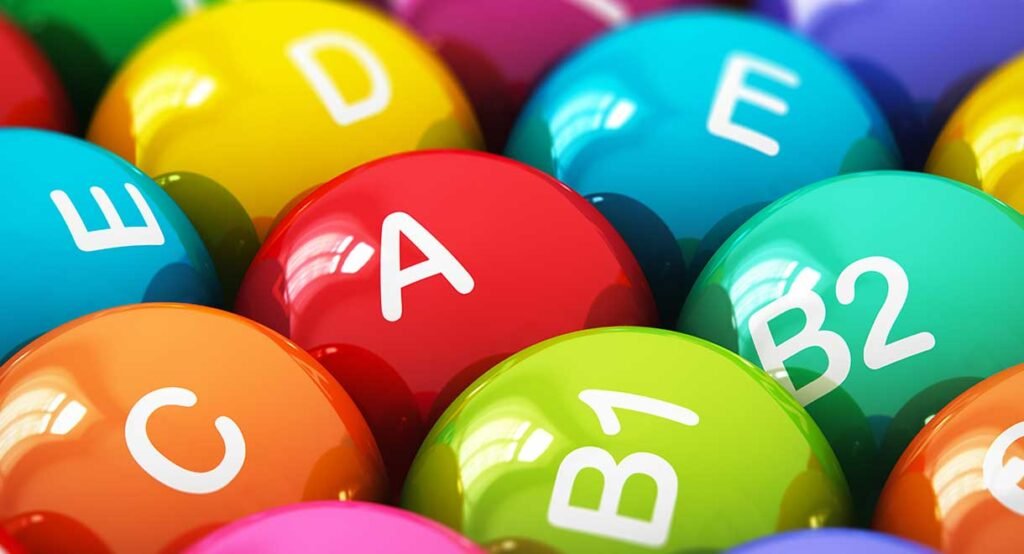
Mineral and vitamin deficiencies
Number 12 and 13 are mineral deficiencies and vitamin deficiencies can set you up for insulin resistance and thereby increase insulin .
So low potassium , potassium deficiencies , magnesium deficiencies , low sodium or low salt diets can increase the risk of getting insulin resistance .
So this is one of the things that , doctors recommend , go on a low salt diet , thereby creating higher insulin , which then causes the retention of sodium .
It’s crazy .
You need zinc to make insulin .
Zinc is necessary to support the cells that make insulin , the beta cells .
In fact , the number one cell in the body that absorbs the most zinc is the cells that make insulin , the beta cells .
So if you’re low on zinc , it can set you up for diabetes .
Okay .
Low chromium can do it .
High levels of calcium can cause insulin resistance .
Low b one , thiamine .
Low vitamin d , and low vitamin a .
Alright .
So here you have it .
These are the things that can set you up for insulin resistance and increase insulin .

